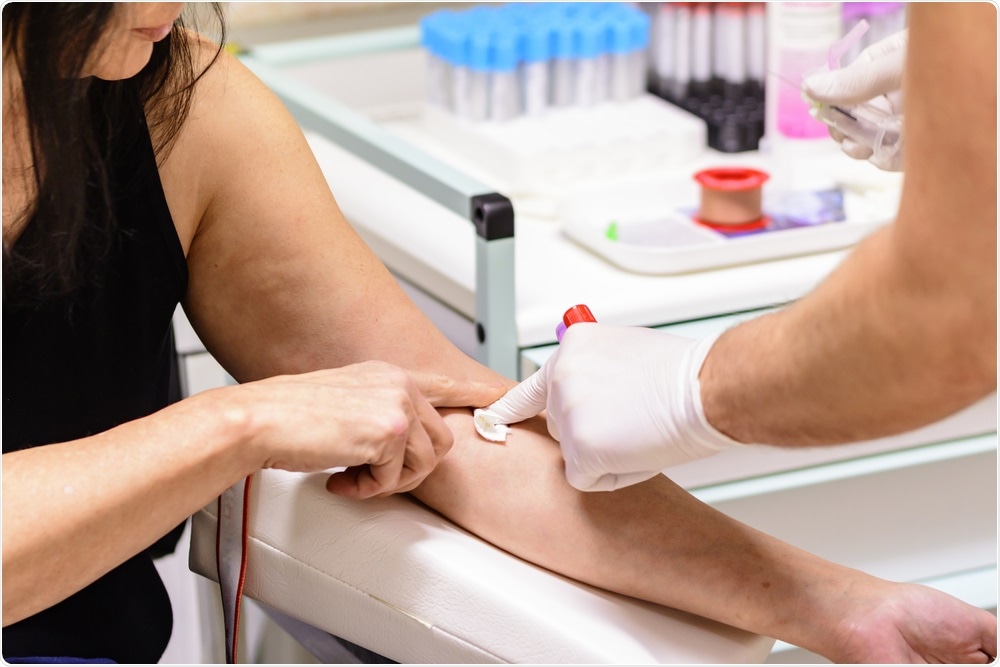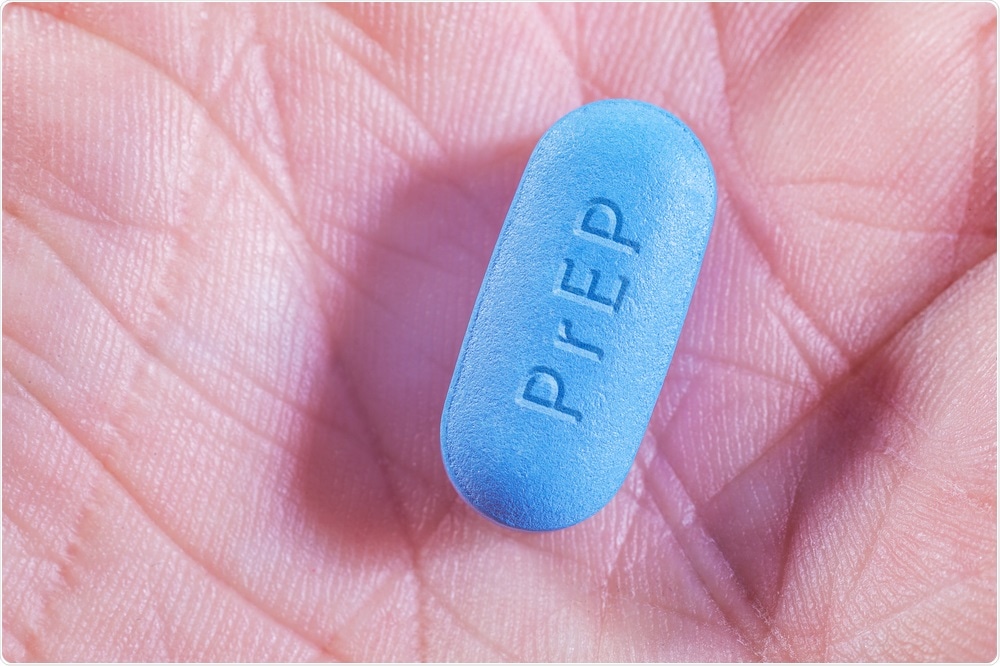The number of new HIV cases diagnosed in the UK has fallen to a record low since 2000, according to data published on Tuesday by Public Health England (PHE). The data also showed the number fell by almost one-third between 2015 and 2018.
However, PHE says that challenges in combatting the virus remain, with figures showing that almost half of people who were newly diagnosed last year were at a late stage of the disease. This puts them at a ten-fold increased risk of dying within a year, compared with people diagnosed at an early stage.

Ronald Rampsch | Shutterstock
Charities are warning that more still needs to be done to end transmissions completely, with the findings prompting a call for wider access to the pre-exposure prophylaxis (PrEP) drug.
New diagnoses have been steadily declining due to preventive measures
The diagnoses have been steadily declining among gay, bisexual and heterosexual people. New diagnoses fell by 28% between 2015 and 2018 (from 6,271 to 4,484), a decline that PHE says is due to the success of preventive measures.
The greatest decline has been among gay and bisexual men, with the number of new cases having fallen by 39% between 2015 and 2018. According to the figures, the decline was particularly steep among men who were white (46%), born in the UK (46%), aged 15 to 24 (47%) and living in London (50%).
Over the same three-year period, the number of new diagnoses among heterosexuals also fell by 24%.
PHE says the continued decline is largely due to the use of combined HIV preventive measures. These include HIV testing, condom use and increased use of PrEP and antiretroviral therapy (ART).
The PrEP drug is taken prior to intercourse by HIV-negative people who are at a high risk of being infected and ART is a drug that keeps the viral load in the body low enough to stop the virus being transmitted.
People with HIV now benefit from effective treatments that stop the virus being passed on to sexual partners and the number of people diagnosed late is lower than ever before.”
Valerie Delpech, Head of HIV Surveillance, PHE
She adds that thanks to the enormous testing and prevention efforts that have been adopted, we are now seeing declines in the UK that have reached their lowest levels since 2,000:
Getting tested for HIV has never been easier, with free tests available through GP surgeries, local hospitals and sexual health clinics, as well as through a self-sampling service or by using a self-testing kit.”
Protecting against the infection
In the UK, the most common way that HIV is transmitted through unprotected intercourse with a person who does not know they are infected.
People can protect themselves from infection by ensuring condoms are used consistently and correctly, by using PrEP and in cases where a partner is infected, ensuring that the virus has become undetectable (through use of ART).
Providing the disease is diagnosed early, people in the UK rarely die from HIV nowadays. Early diagnosis and treatment mean a person with HIV now has the same life-expectancy as uninfected people.
 Marc Bruxelle | Shutterstock
Marc Bruxelle | Shutterstock
Zero transmissions by 2030
Public Health Minister Jo Churchill has said she is delighted by the new data, which shows the country is well on its way to achieving its target of zero transmissions by 2030 and that HIV diagnoses are at their lowest level since 2000.
The decline is a result of an “unwavering commitment” to prevention, she says, that has meant more testing and effective treatment to stop the virus spreading further.
“However, I am not complacent and remain dedicated to ensuring we reach our target of zero new HIV transmissions by 2030.”
Charities are calling on the government to make PrEP freely available in England to accelerate the decline in transmission even further.
In Scotland, Wales and Ireland, the drug is available to anyone who needs it, whereas in England it is only offered by the NHS thought the PrEP Impact Trial. The trial has been criticized for being capped, although more than 12,400 places remain available.
Kat Smithson, director of policy at National AIDS Trust, says: “We urgently need to finally deliver what every UK nation except England already has. It would be a disaster to jeopardize the success we’ve seen today by losing focus.”
Late-stage diagnosis is a problem
Late diagnosis is still a common problem, with almost half (43%) of those diagnosed with HIV in 2018 being at an advanced stage of the disease.
The Terrance Higgins Trust has called the number “stubbornly high” and the charity’s chief executive, Ian Green, says a late diagnosis is bad for an individual’s health and also significantly increases the chances of HIV being unwittingly passed on.
Heterosexual men and those aged 50 or over remain two of the groups most affected by late diagnosis, which means more needs to be done to engage these groups around HIV testing.”
Ian Green, The Terrance Higgins Trust
Change is needed
Green also warns that if the 2030 target of zero HIV transmission by 2030 is to be met, HIV must be prioritized as a public health concern and that “more of the same won’t cut it.”
“We need to ensure access to and awareness of HIV prevention pill PrEP, the normalization of regular HIV testing, and to invest in sexual health services across the country to make sure they are properly funded to meet rising demand,” concludes Ian Green.